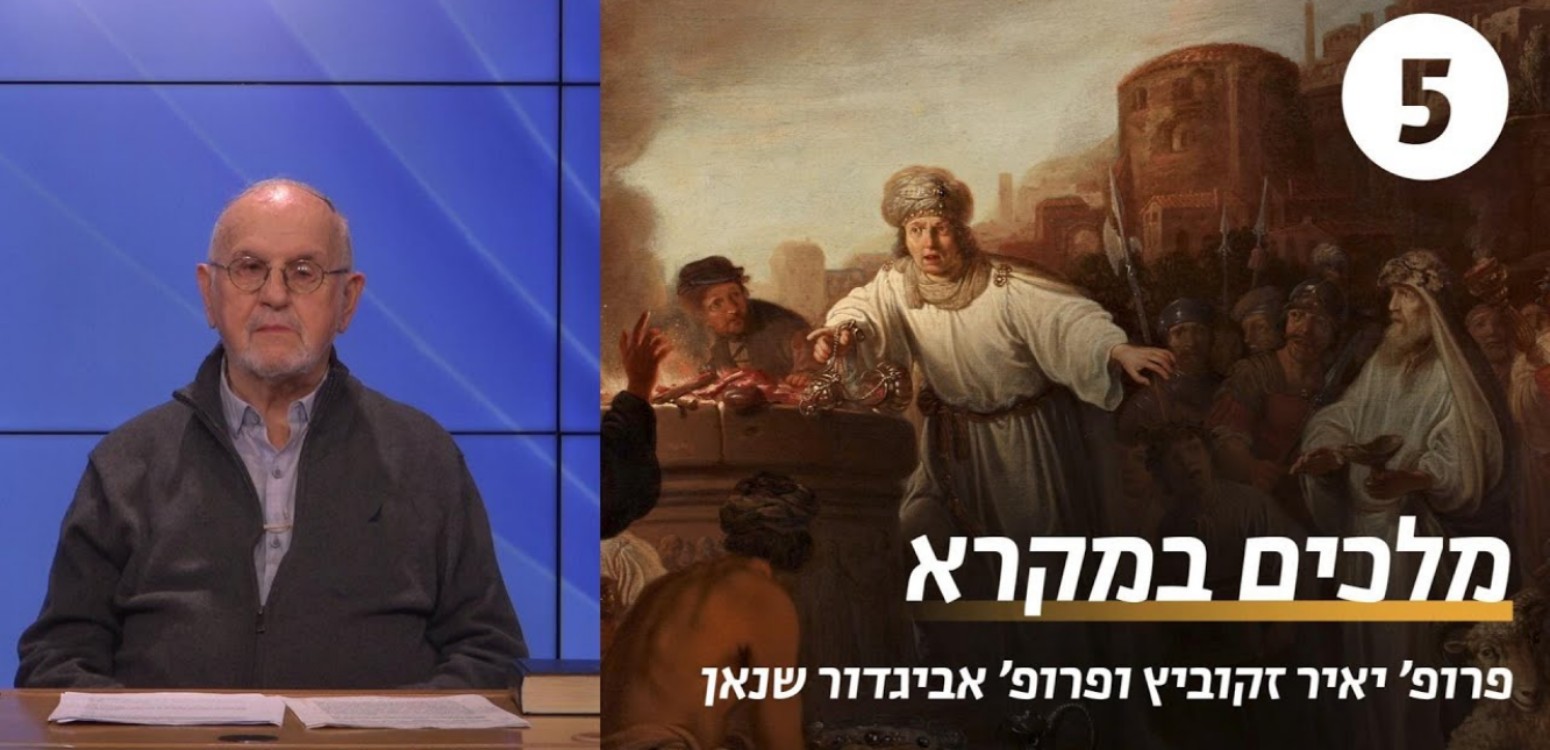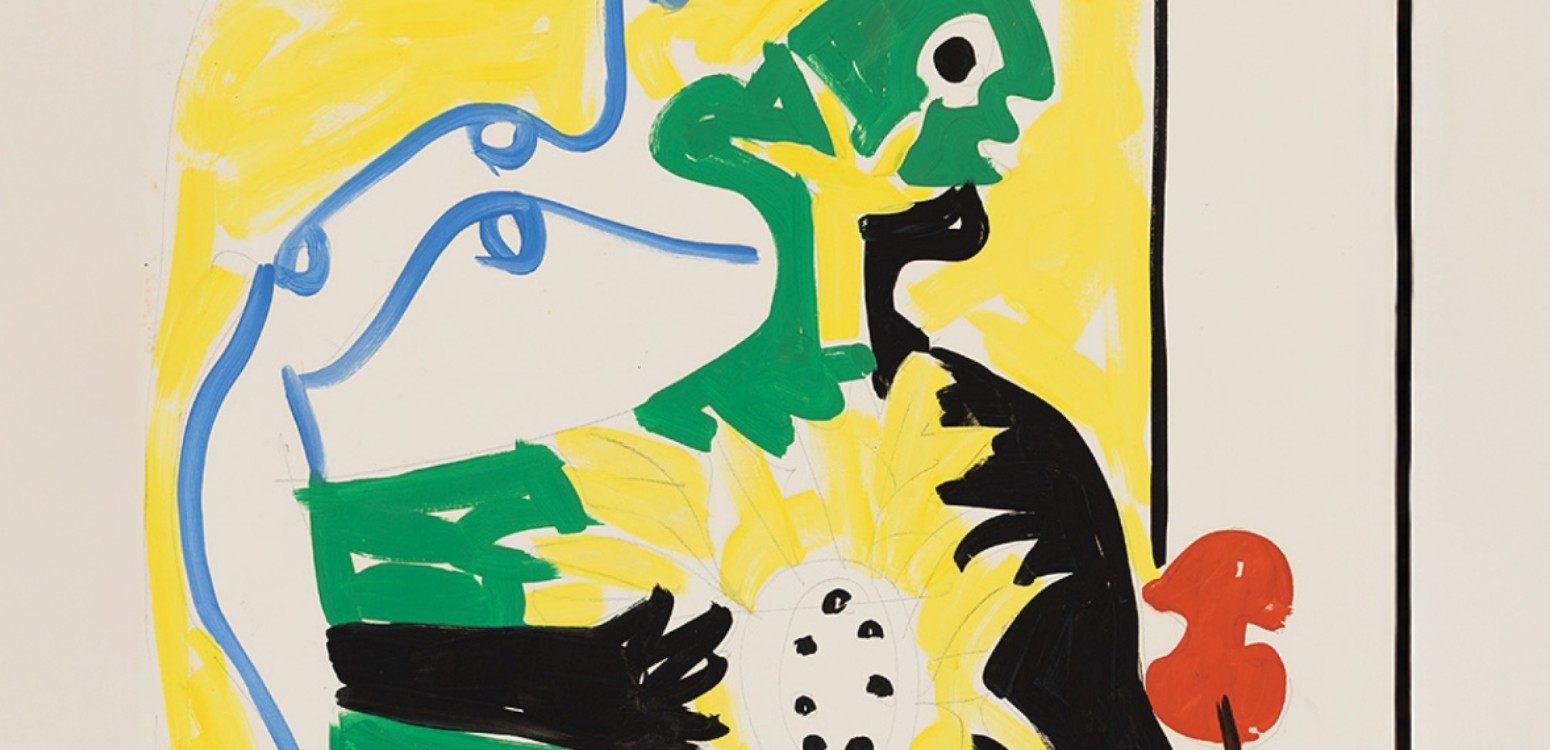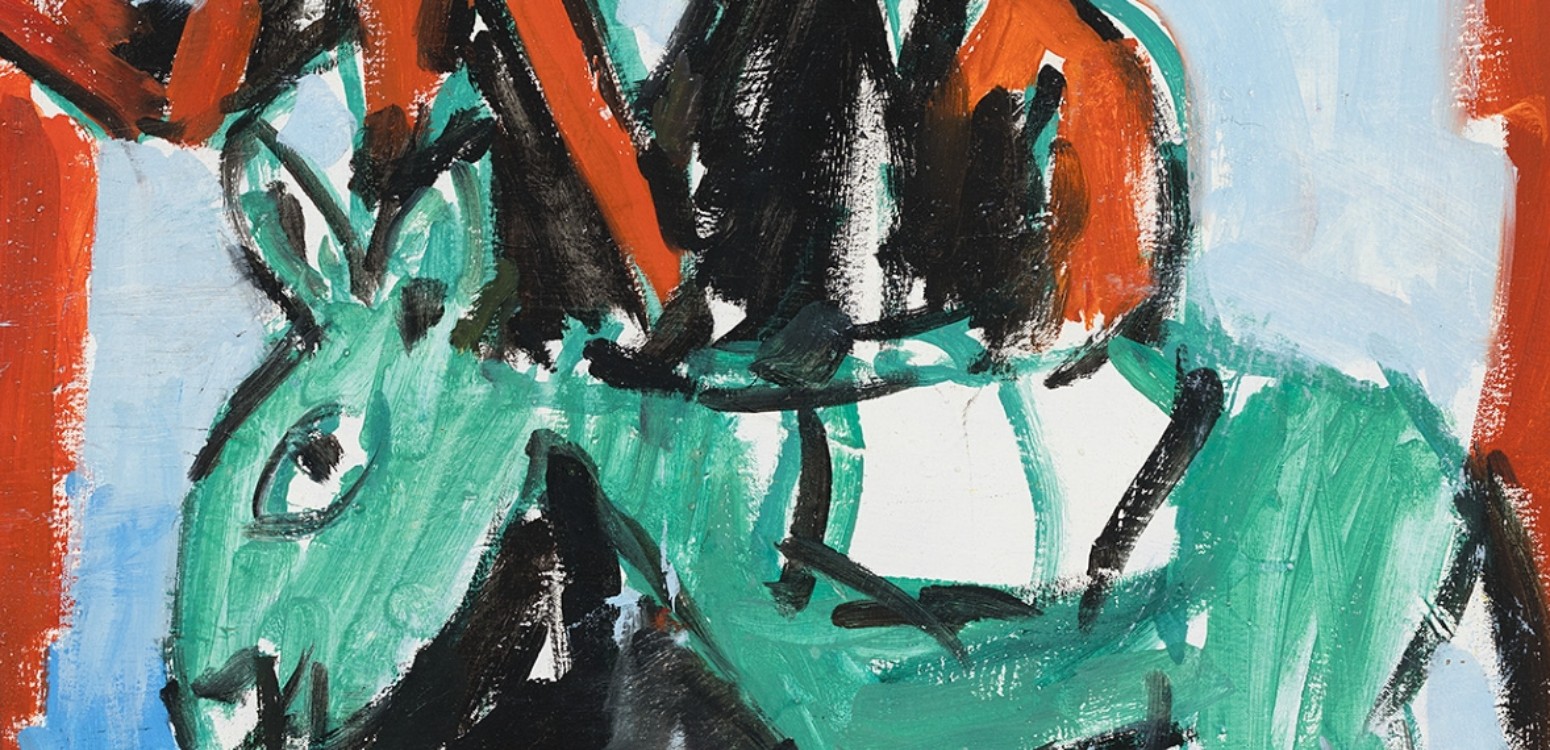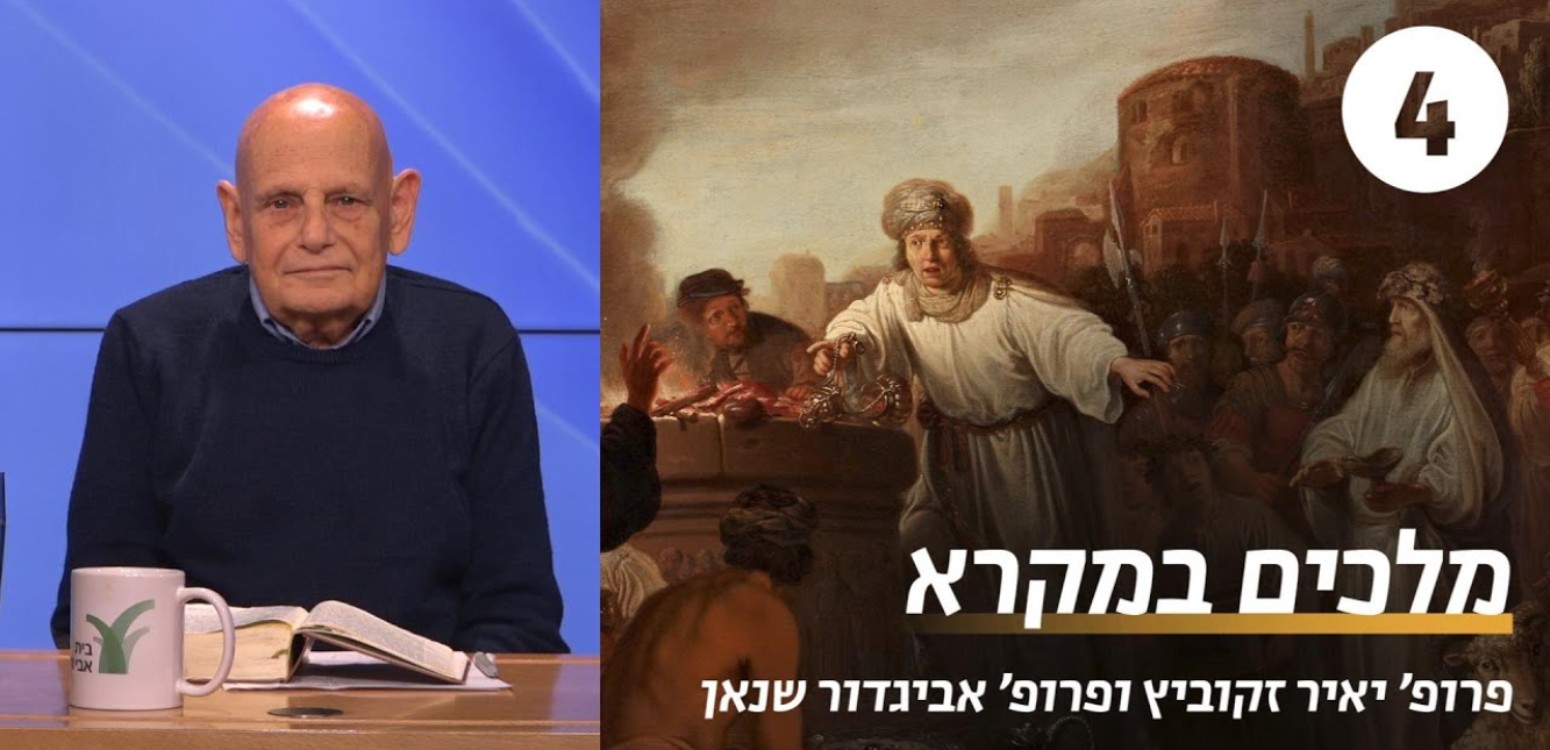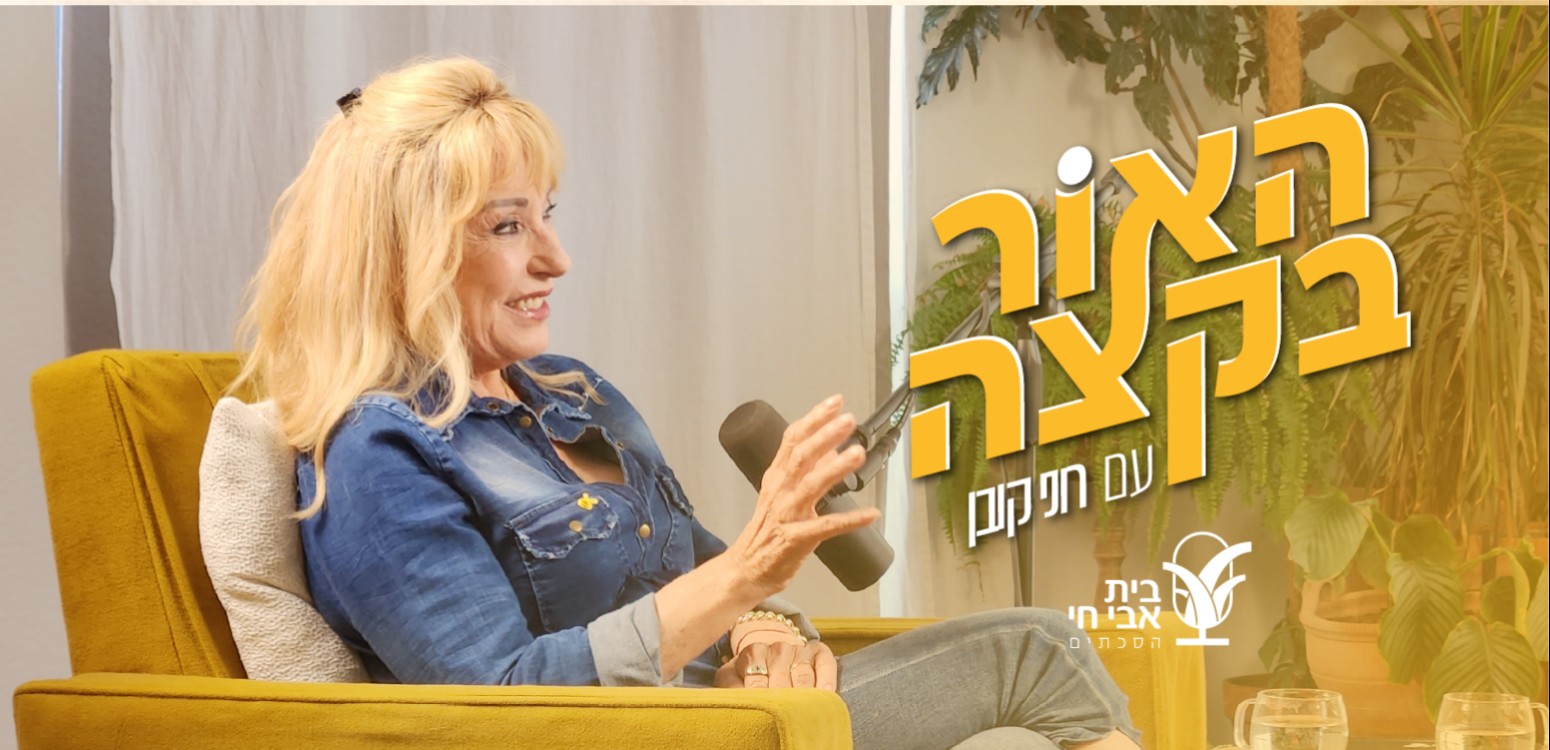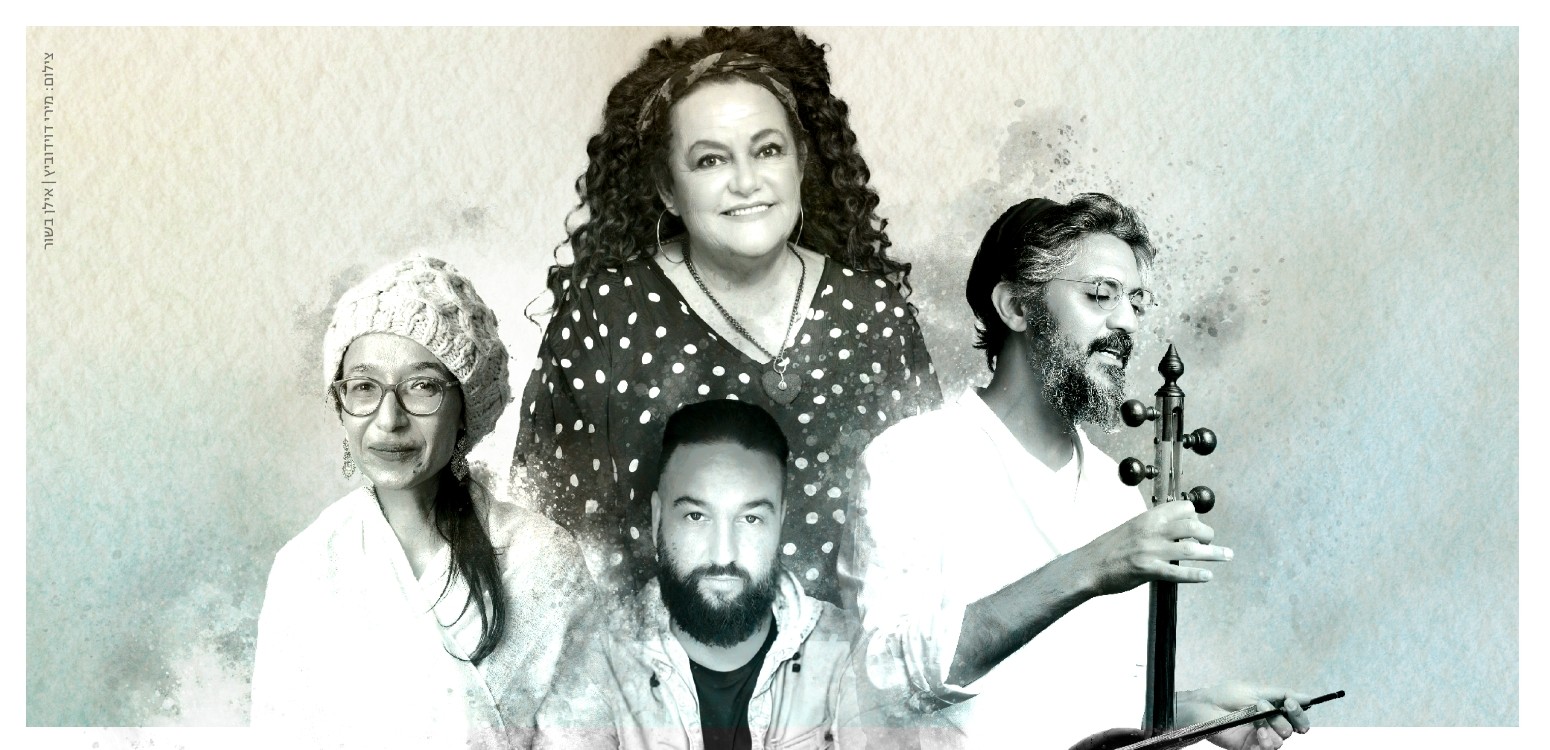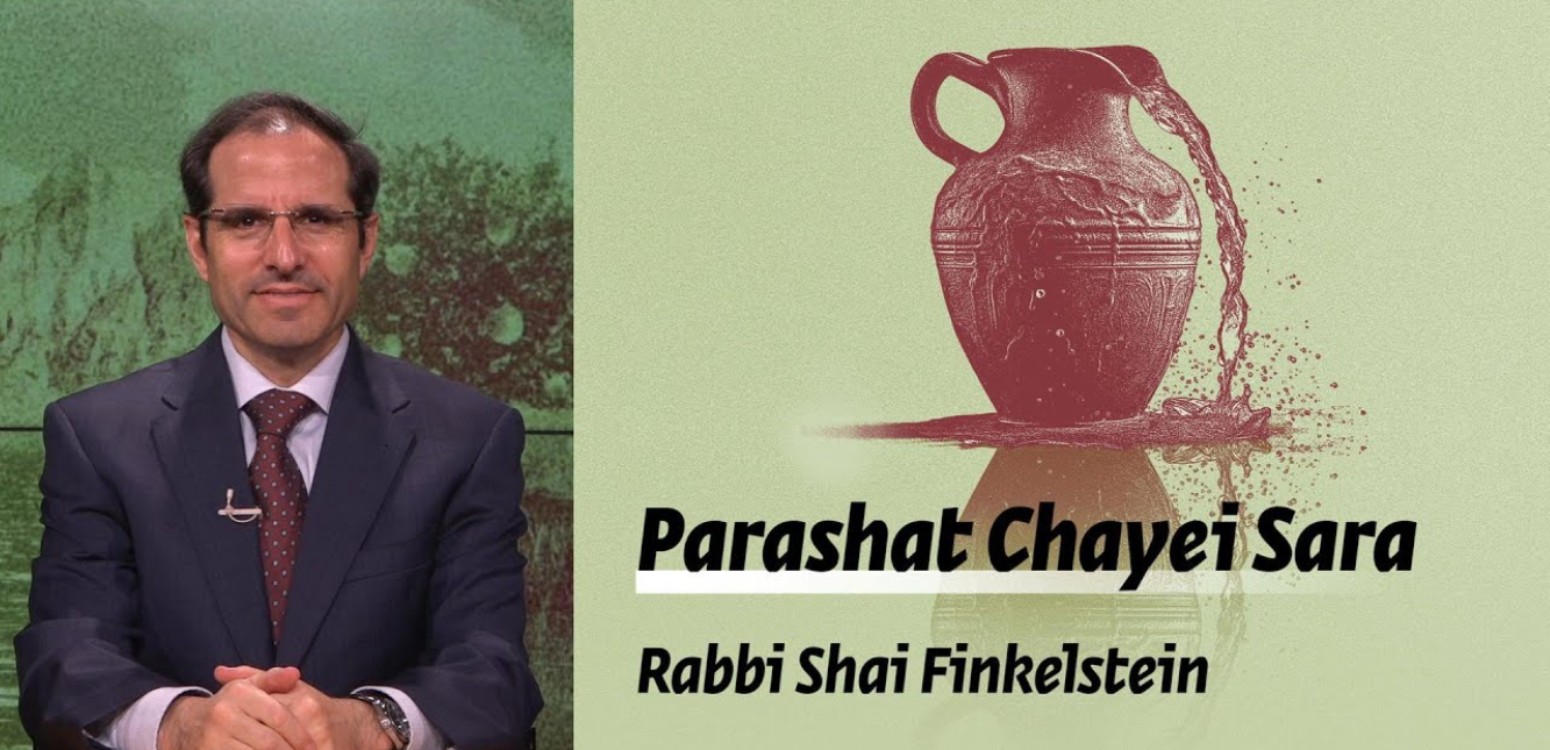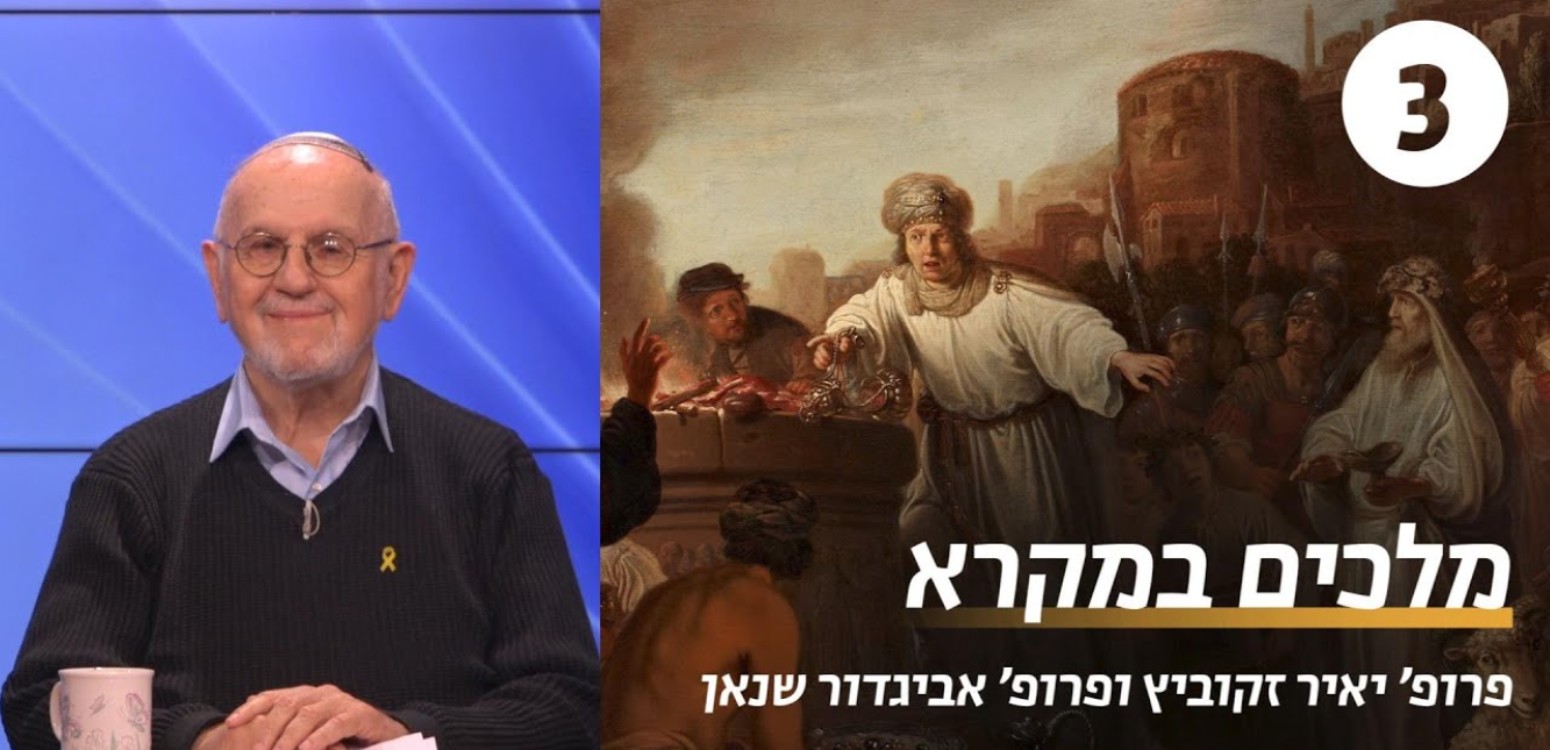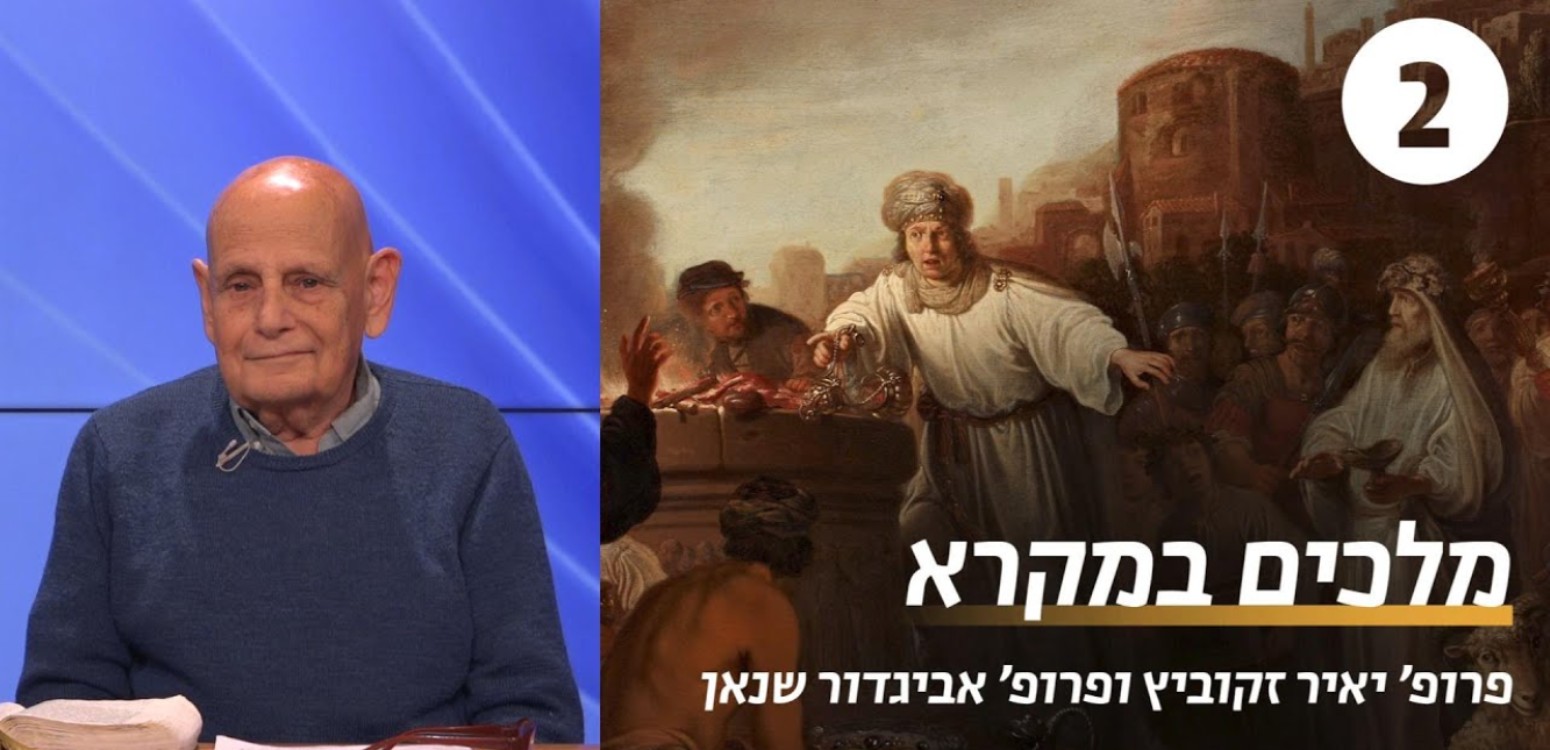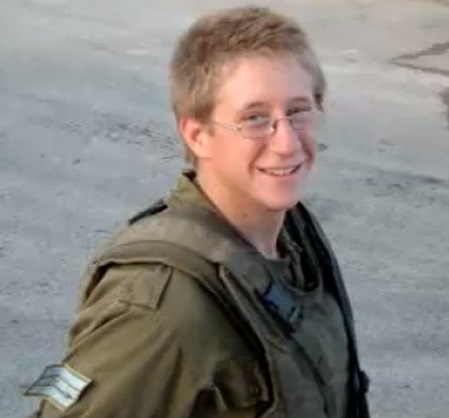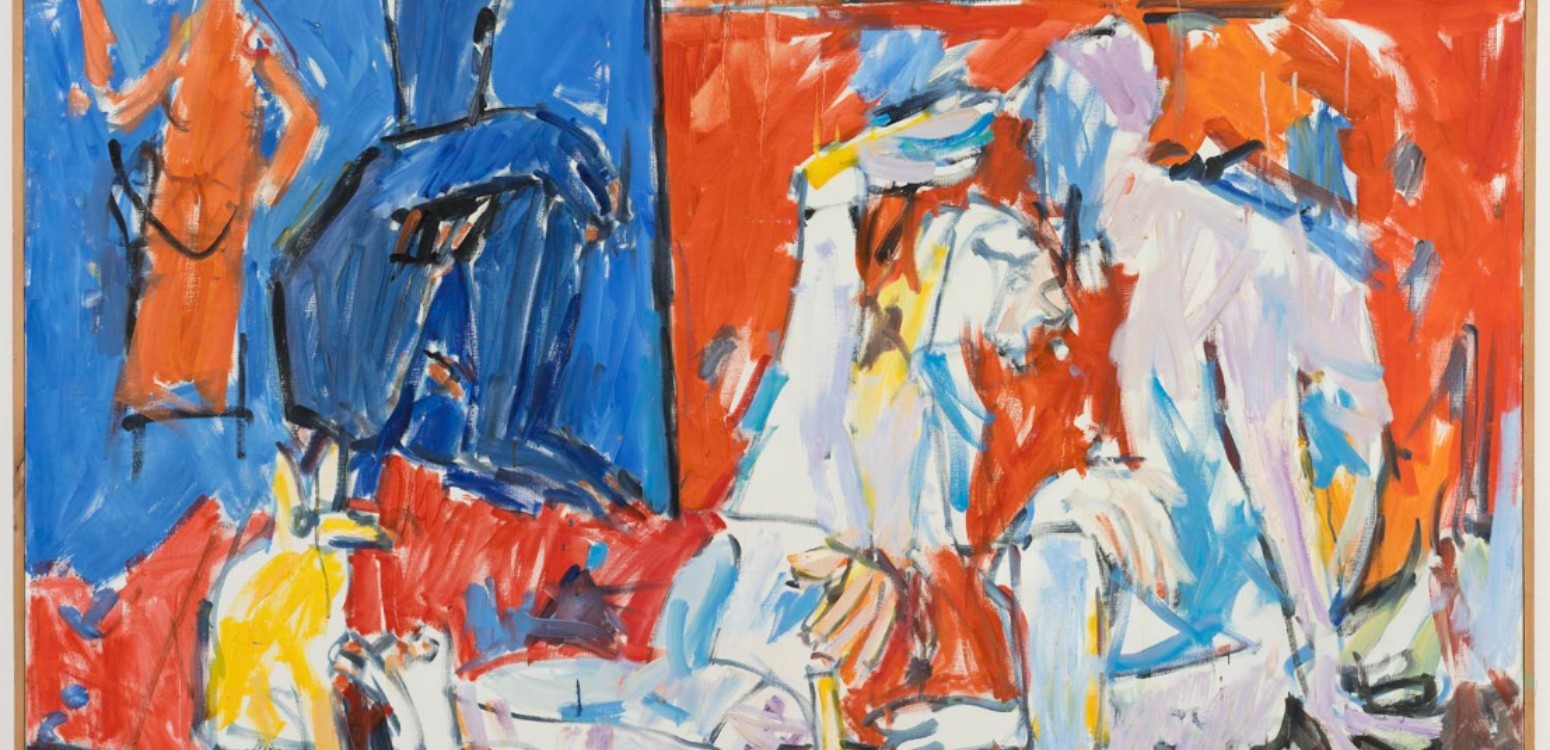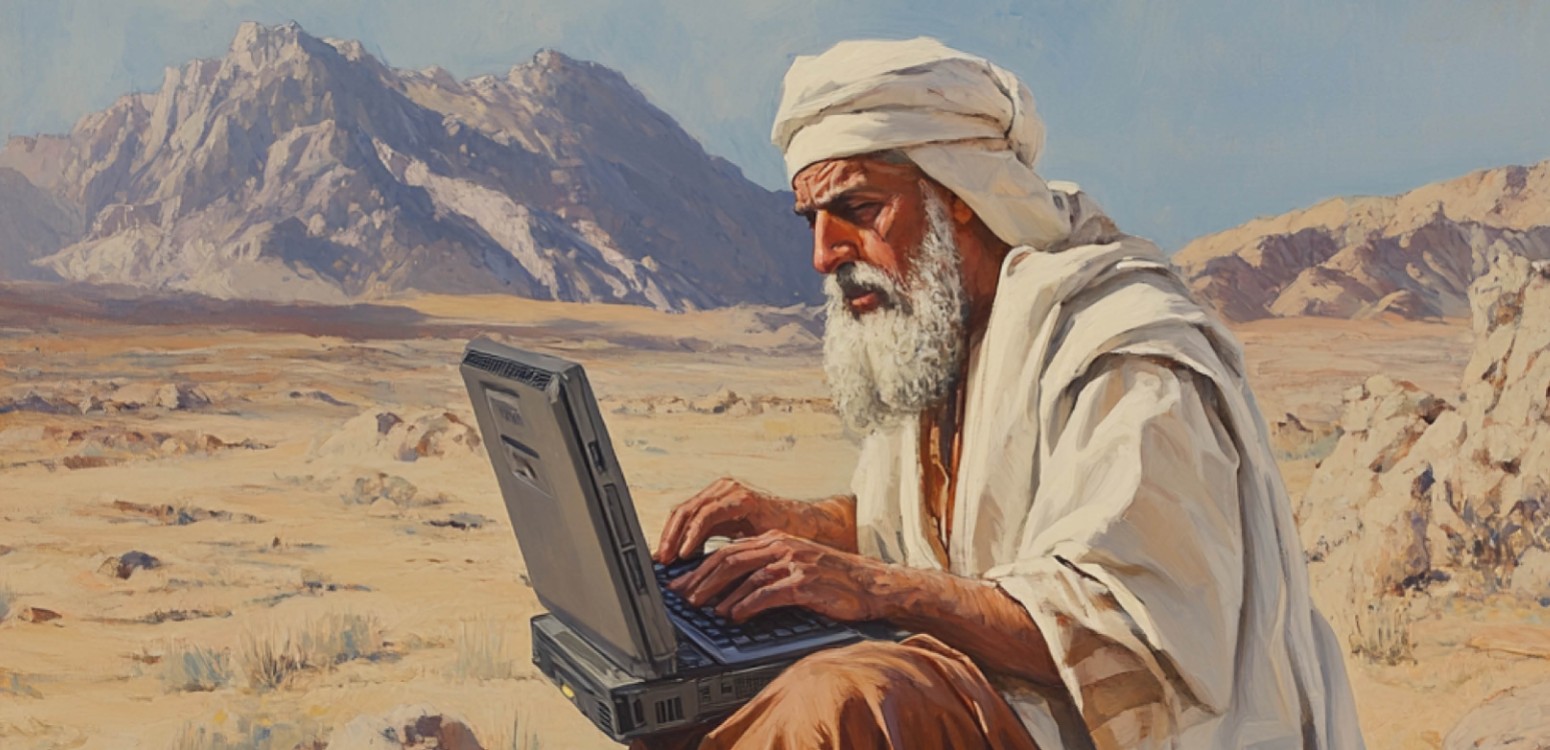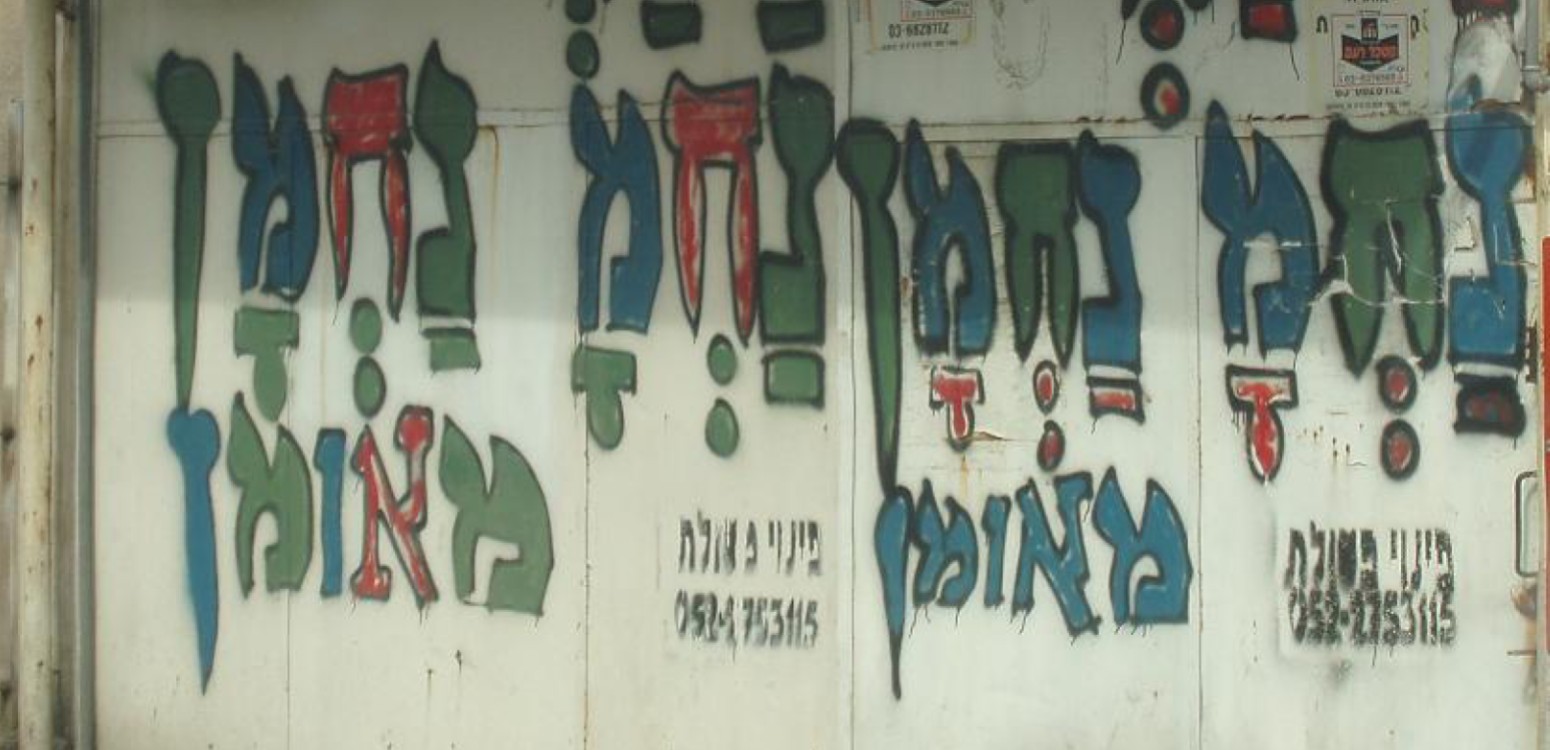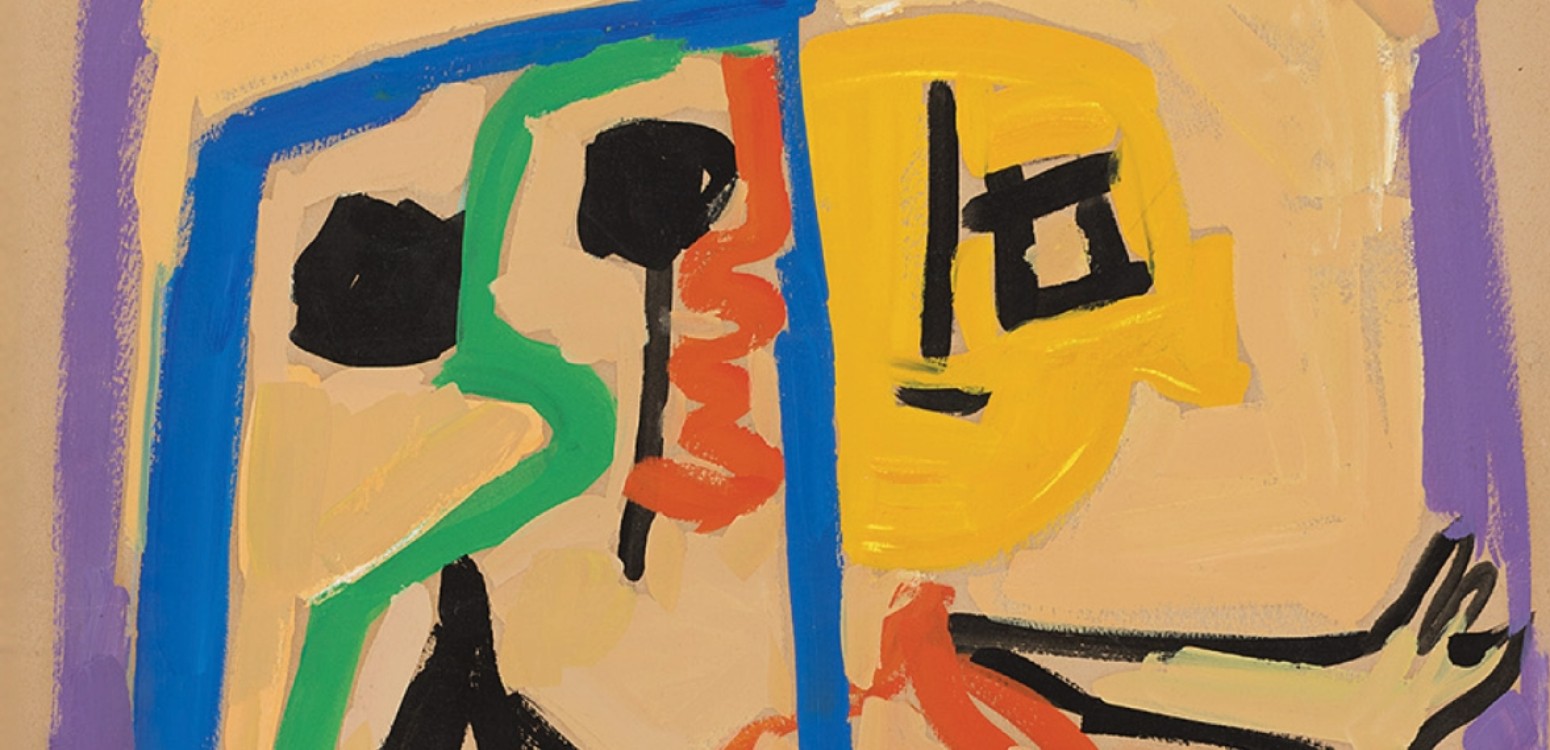
Uri Grossman z”l’s sense of humor, imagination and infinite sensitivity had to find their way into his memorial clip.
In memory ofv Uri Grossman
10th of Elul (August 27th, 1985) – 18th of Av 5766 (August 12th, 2006)
Uri was born on Jerusalem Day to Michal and David. He was younger brother to Yonatan and older brother to Ruthie. He shone light on those around him: he was a skinny baby with a mane of blond hair and a wise, mature and curious look in his grey-blue eyes. He was a gentle baby and pleasing to the eye, but he was nonetheless strong and full of determination.
He bonded with Yonatan his brother immediately: they built a whole world for themselves, including its own language and sense of humor. In his eulogy, Yonatan said that “Uri was not just my brother, he was also my best friend and the closet person to me in the entire world.”
|
|
When Ruthie joined the family, Uri displayed the concern and care of a big brother. He always had a soft spot for little children and always showed affection for the weak. And he was always attentive to the feelings of others and tried to help and protect them.
From early childhood, there was already a sparkle in his eyes, one that expressed both wisdom and irony. He once read that scientists had discovered a worm that was genetically close to man. He remarked: “We are apparently the black sheep of the family – they never invite us to their celebrations, do they?”
From kindergarten until he graduated high school, Uri attended the Experimental School in Jerusalem. He loved the school’s openness and freedom and enjoyed its pedagogical approach which allowed him to talk to teachers and principals as an equal. The atmosphere suited him – to respect others and to be respected by them, not because of age or authority, but rather on the basis of one’s personality and actions.
During one summer as a teenager, he transformed from a thin and delicate child into a solid, broad-shouldered youth. He started fitness training and also studied yoga and tai chi. His girlfriend, Ayalet, then entered his life. In her eulogy, Ayalet said that, “it is wasn’t possible to be your girlfriend without feeling that something unique is happening that won’t be repeated, something special and different from anything I will ever know in the future. You provided an experience – to be near you and to experience your love and the warmth that you radiated to those around you.
As his mobilization approached, Uri dreamt of joining the Armored Corps and becoming a tank officer, like his brother Yonatan before him. Yonatan also served as a tank commander in Battalion 46 of the 401st Brigade. He was overjoyed when he got the announcement that he would be joining the Armored Corps. He was immensely proud to become a gunner in a Merkavah IV tank and to be among the first soldiers to man the new tank.
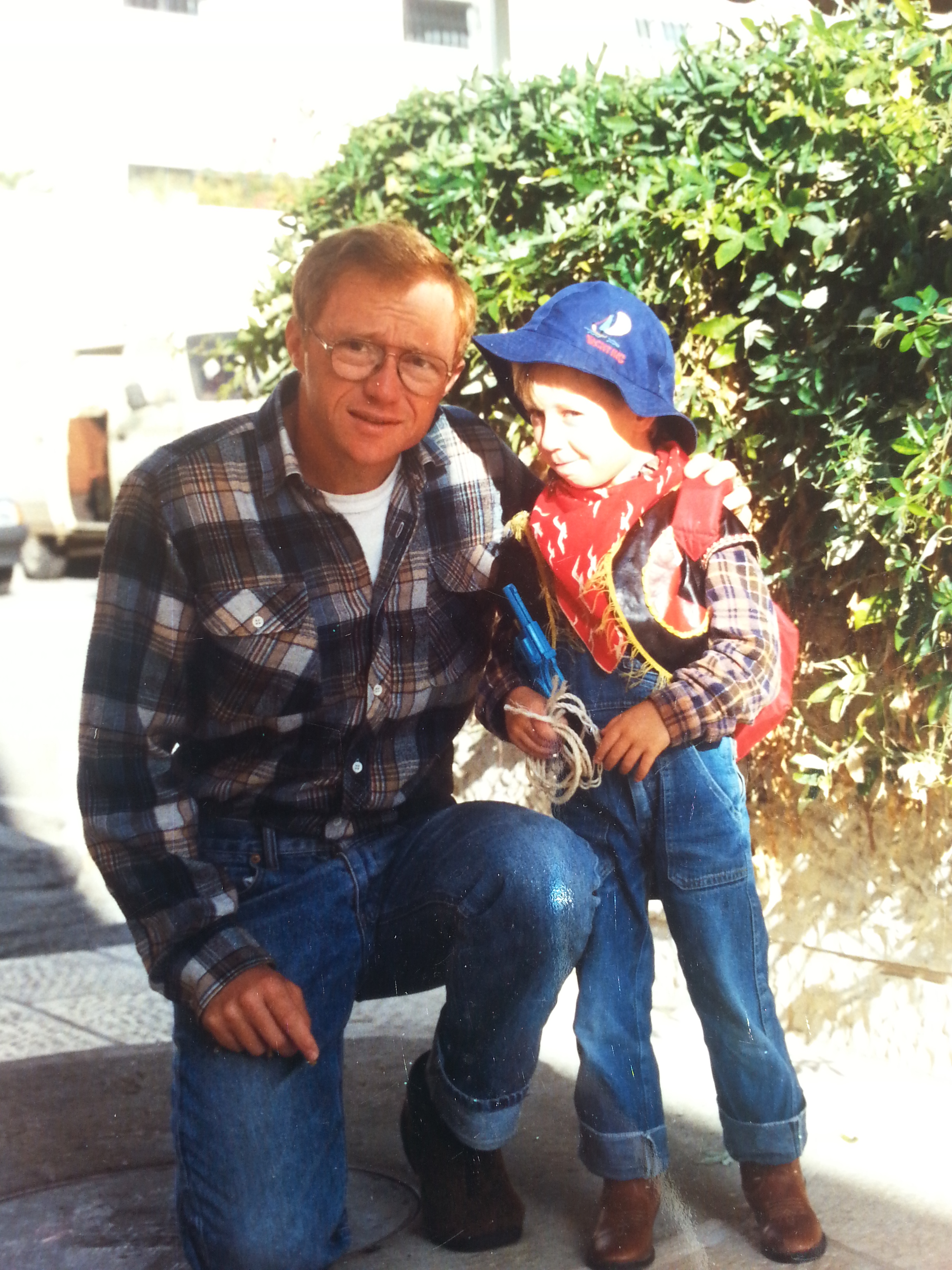 |
After his training, Uri did not have an easy service. Most of it was in the territories, manning checkpoints and patrolling the Separation Fence. “Uri was always a true leftist, a humanist,” according to Yonatan. “He was a man of peace who opposed violence, and he maintained those views during a difficult and stressful service as a combat soldier in the territories. At the same time, Uri was a “fighter”, a tough soldier who would insist on being at the front. He was a genuine Zionist who was ready to give up everything for the State.”
Uri sought to act humanely even in his duties at the checkpoints. When he checked a Palestinian vehicle, he did all he could so that this uninvited and unpleasant encounter would at least be tolerable. If there were children in the car, he made an effort not to frighten them or to threaten their parents.
Uri’s requests to become a tank commander were refused again and again, but he knew what he was capable of and didn’t give up. He was determined to be chosen for the tank commander course and his request even reached the commander of the Armored Corps. Finally, he was accepted and did very well in the course.
Uris asked to return to his company as a commander, although he understood very well the complexity involved. He was allowed to return and he dealt with the difficulties, becoming a popular and respected commander – he didn’t cut corners, he didn’t cut himself or his soldiers any slack and he maintained good spirits throughout.
In July 2006, four months before his demobilization, Uri was meant to accompany his parents on a trip to Guatemala. He was to meet his brother Yonatan there who was already at the end of his trip to South America. But the Second Lebanese War broke out in the meantime and Uri headed north with his battalion to the Golan Heights.
On July 30th, 2006, his tank was the first to enter Lebanon and for two weeks his crew was active there. On Saturday night, August 12th, during the final hours of the war, while on a rescue mission in Hirbet Kesayif in the eastern sector, his tank was hit by an anti-tank missile fired by Hezbollah. The entire crew was killed: alongside Uri, this included Major Baniya Rein, First Sargent Adam Goren and Sargent Alex (Sasha) Bonimovich.
Yonatan, his older brother said at the time: “Uri was a wonderful person with a heart of gold. He was always surrounded by friends. He was a fan of Maccabi Haifa and Manchester United and he loved to eat humus. The first thing he would do when he returned home was to go to Abu Ghosh and eat humus at Abu Shukri…and no one could make me laugh like he could – with our hilarious inside jokes that no will understand anymore.”
His father said in his eulogy: “There will not be another boy like this – with an ironic expression and a crazy sense of humor. There will not be a young man with an understanding much deeper than his years. There will be no warm smile and healthy appetite. There will not be that rare combination of perseverance and gentleness, common sense and wisdom. There will not be Uri’s infinite gentleness, nor his quiet that calms any storm. We will not be watching the Simpsons or Seinfeld together nor will we be listening to Johnny Cash together. We will not feel your strong and solid embrace…” (from the Yizkor National Memorial Project of the Ministry of Defense)
Behind the scenes: comments by the artists
Guy Harlap and Sefi Giego: When we encountered the stories of Uri Grossman, it was clear that in order to do a memorial clip about him we need something different, which will go beyond the usual format of a clip about pain and bereavement. Uri had a developed sense of humor, endless sensitivity and an amazing imagination. Therefore we thought that it would be best to commemorate his spirit with a flexible cartoon format and a happy and humorous presentation. Not only did this approach not take away from the seriousness of the subject, it even reinforced it and gave it a more precise and deeper meaning.
עוד בבית אבי חי

